/12bf0ff6-fe5a-40a5-a1ab-b7679b549a00.png)
Early Years Self Evaluation Form | Practice for Early Years Evaluation
Review Rating Score
Are you an early years practitioner looking to assess and enhance your professional practice? Look no further! At BizzLibrary.com, we offer a comprehensive Early Years Self Evaluation Form that allows you to reflect on your current practice and identify areas for growth. Our self-evaluation form is easy to use and can be downloaded in PDF format.
Why is Self-Evaluation Important in Early Years Practice?
Self-evaluation is a crucial process for early years practitioners as it allows them to assess their performance, identify strengths and weaknesses, and set goals for improvement. Here's why self-evaluation is important:
- Professional Growth: Self-evaluation provides an opportunity for continuous professional development. By reflecting on their practice, early years practitioners can identify areas in which they excel and areas that require further development. This drives personal and professional growth.
- Quality Improvement: Engaging in self-evaluation helps early years practitioners identify areas within their practice that may need improvement. By identifying these areas, practitioners can take steps to enhance their practice and ensure the provision of high-quality care and education to children.
- Evidence-Based Practice: Self-evaluation encourages early years practitioners to adopt an evidence-based approach to their practice. By critically reflecting on their actions, practitioners can determine if their practices align with the latest research and best practices in early childhood education.
- Accountability: Self-evaluation promotes accountability in early years practice. By regularly assessing their own performance, practitioners can demonstrate their dedication to providing the best possible care and education to children and families.
- Collaboration and Communication: The self-evaluation process can facilitate collaboration with colleagues, parents, and other stakeholders. By sharing insights gained through self-evaluation, practitioners can initiate discussions, seek advice, and work together to improve overall practice.
How to Use the Early Years Self Evaluation Form
Our Early Years Self Evaluation Form is designed to guide you through the self-evaluation process. It includes various sections and prompts to help you reflect on different aspects of your practice, such as teaching and learning, relationships with children and families, and professional development. Simply download the PDF form from BizzLibrary.com and complete it at your own pace.
Upon completion, you will have a clear understanding of your strengths and areas for improvement. You can then use this information to set goals and develop an action plan to enhance your professional practice.
Download the Early Years Self Evaluation Form
Visit BizzLibrary.com today to access our Early Years Self Evaluation Form in PDF format. Take a proactive approach to your professional development, assess your practice, and strive for excellence in early years education. Download the form now and embark on a journey of growth and improvement!
Is the template content above helpful?
Thanks for letting us know!
Reviews
Digna Liu(8/3/2023) - USA
you solved my problem.
Last modified
Our Latest Blog
- The Importance of Vehicle Inspections in Rent-to-Own Car Agreements
- Setting Up Your E-mail Marketing for Your Business: The Blueprint to Skyrocketing Engagement and Sales
- The Power of Document Templates: Enhancing Efficiency and Streamlining Workflows
- Writing a Great Resume: Tips from a Professional Resume Writer
Template Tags
Need help?
We are standing by to assist you. Please keep in mind we are not licensed attorneys and cannot address any legal related questions.
-
Chat
Online - Email
Send a message
You May Also Like
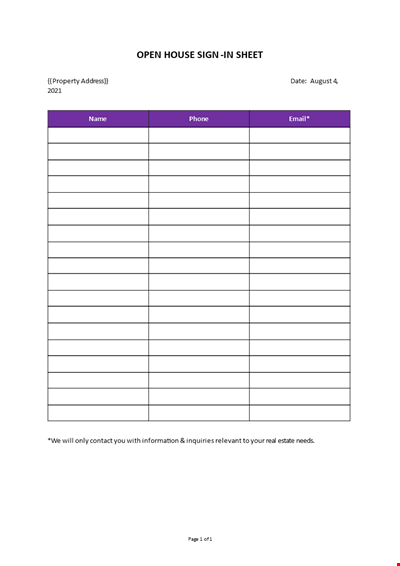
Open House Sign-in Sheet
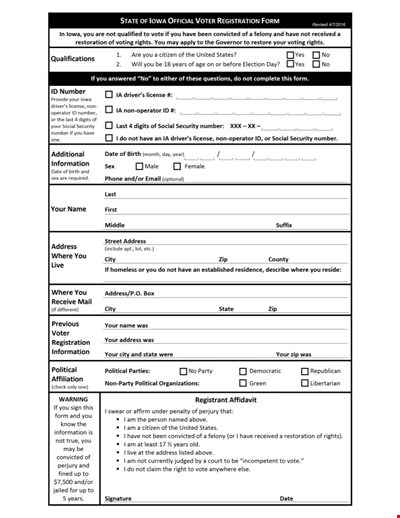
Printable Voter Registration Form
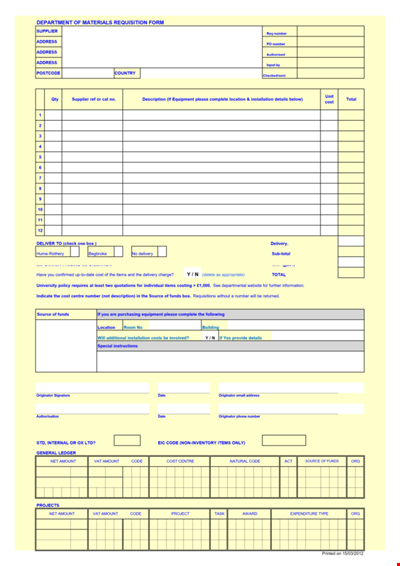
Department Material Requisition Form
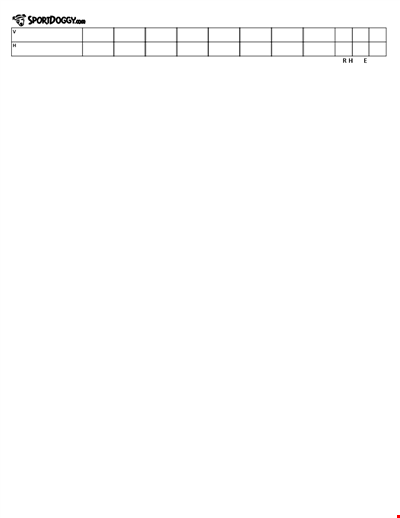
Softball Box Score Sheet Template - Track game stats efficiently
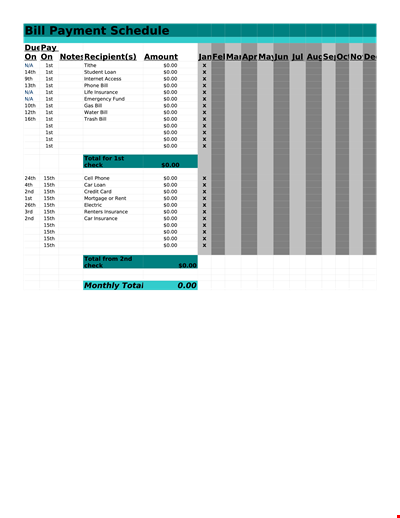
Manage Your Finances with Our Free Printable Bill Payment Schedule Template
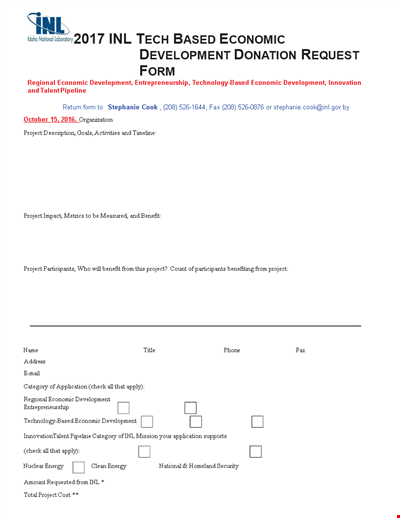
Tech-Based Economic Development Donation Request
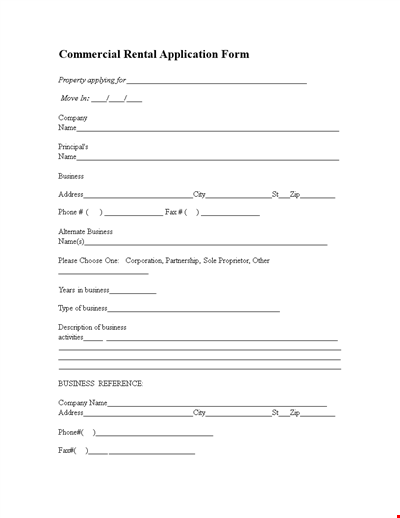
Business Commercial Lease Rental Application Form - Apply for a Lease
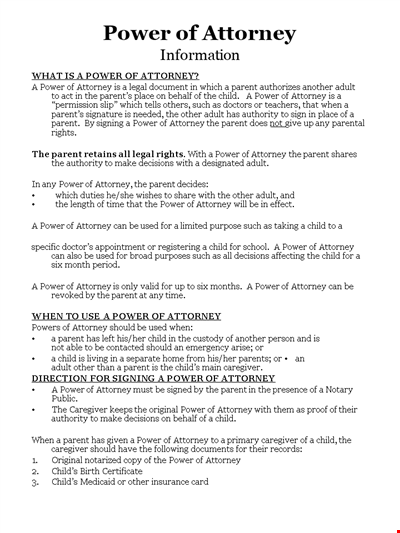
Child Medical Power of Attorney Form - Granting Parental Rights to Caregiver
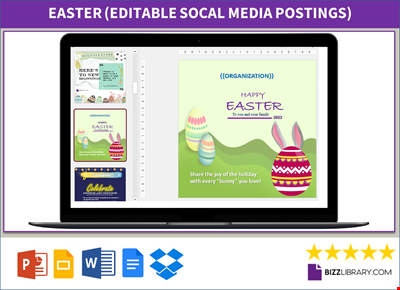
Easter Social Media Post
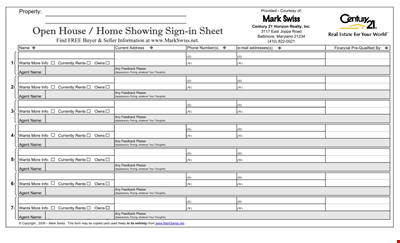
Get the Best Open House Showing Sign In Sheet Template Here
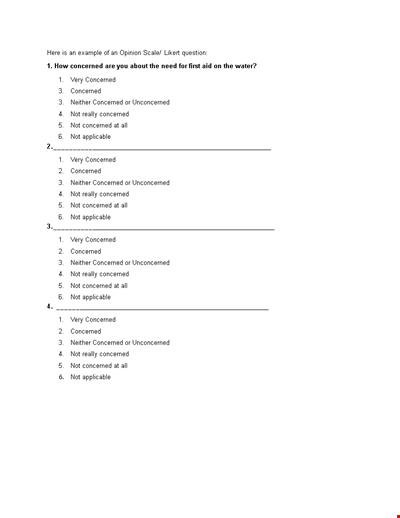
Understanding the Likert Scale: Neither Concerned nor Unconcerned
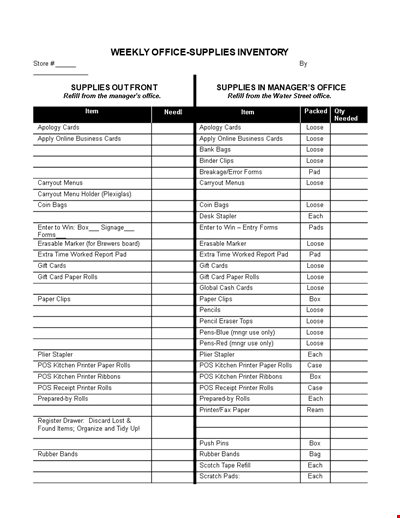
Weekly Office Supply Inventory List Example
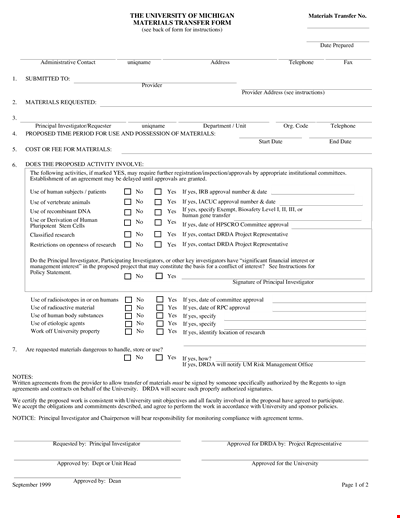
Material Transfer Form (University)
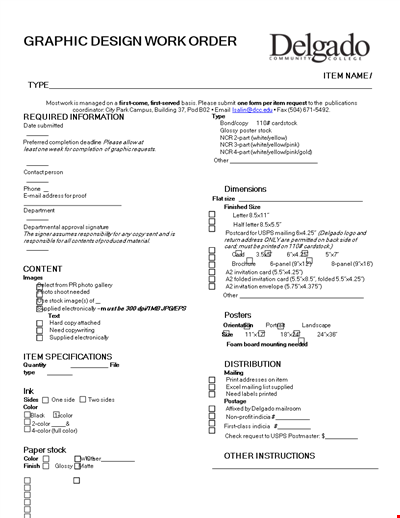
Design Work Order Form

Printable Large Oblique Graph Paper
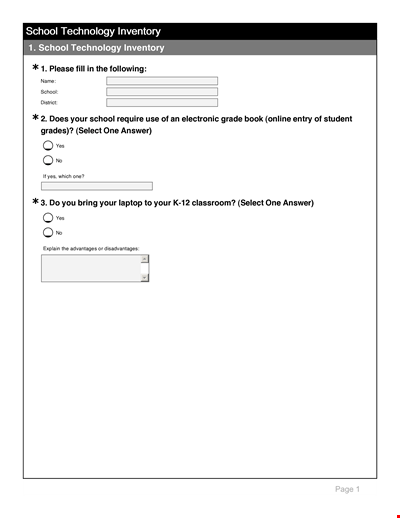
Modern School Technology: Enhancing Education through Innovative Tools and Solutions